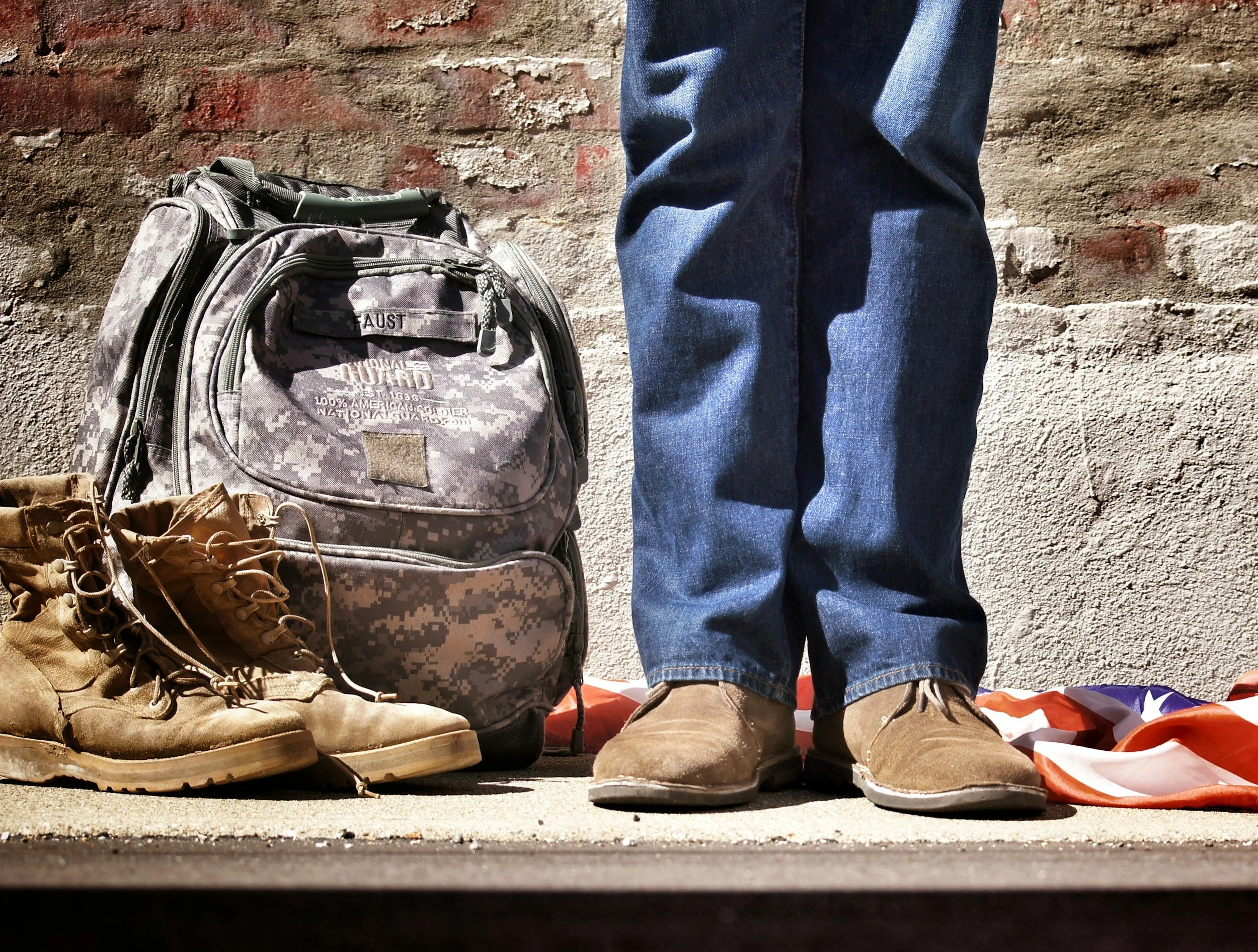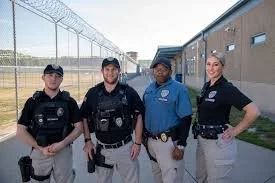
Proud partner of the Missouri First Responder Provider Network (FRPN)
Mental Health Support for First Responders and Veterans
As a first responder you are exposed to some of the scariest and most traumatic things humans can experience. On the worst days of peoples’ lives YOU are there trying to help them. You see a problem and you want to help fix it.
To protect your family and friends from the graphic and disturbing aspects of your job, you’ve probably learned to be selective in what you share with them. You don’t want to worry them. In fact, you mostly keep how it affects you to yourself. So, they either think you’re fine and unbothered, not realizing just how stressful it is. Or, they get upset that you don’t share about work and worry about you.
Between the weight you carry with you every day from the stress of the job and the images of death and violence seared into your mind AND the stress of your personal life (grief, divorce, childhood trauma, financial stress) … this creates a heavy load! Some days it makes you have a shorter fuse and lash out at your loved ones. You don’t want to be irritable or angry with them. You want to enjoy life like others around you, but some days it’s hard to find peace. The heaviness of the work you do is exhausting. You want to be able to relax more, be less guarded and on edge, and have a better family life.
Therapy can be the tool that helps you process the stressful experiences you encounter on a day-to-day basis. It can be a place to process any doubts, guilt, or questions you may ask yourself, “Did I do enough?” or “Did I fail them?” Therapy is also a very practical place to learn helpful skills to relax, reduce anxiety and depression, and improve interpersonal relationships.






